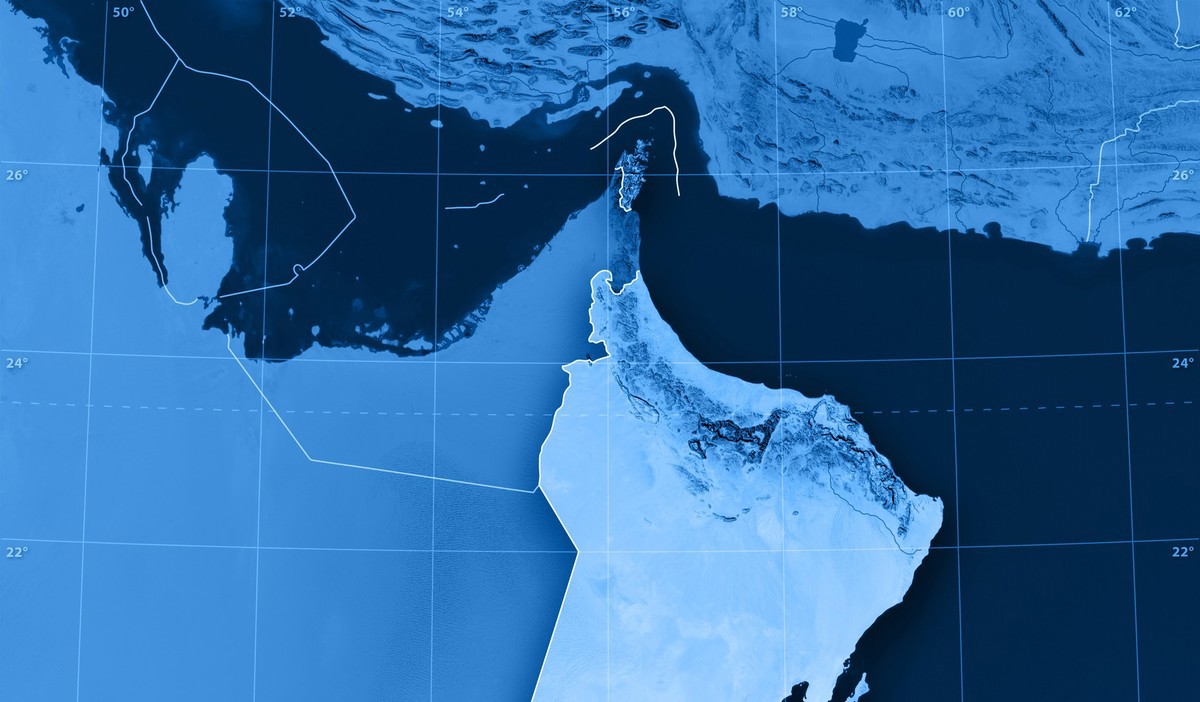No immediate threat to Hormuz transit, but risks linger
A US-brokered ceasefire between Iran and Israel has temporarily eased threats to vessel movement through the vital Strait of Hormuz, a chokepoint for nearly a fifth of global oil supply.
 IMAGE: Strait of Hormuz. Getty Images
IMAGE: Strait of Hormuz. Getty Images
The ceasefire announcement on Monday has sent Brent crude’s price tumbling this week, as the market erased the risk premiums that had been pushing prices higher. The news has also eased concerns about a potential blockade in the Strait of Hormuz, according to market analysts.
Even with excess OPEC+ production capacity in place, any temporary closure of the vital chokepoint could push the global oil market into deep deficit as “the bulk of it sits in the Persian Gulf. So, these flows would also have to go through the Strait of Hormuz,” ING Bank’s head of commodities strategy Warren Patterson said.
Additionally, Iranian oil moves through the Strait too, so blocking it would impact those flows, Patterson added.
Growing vessel traffic signals market rebound
There has been a “substantial surge” in movement of vessels of over 1,000 gross tonnage (GT) traversing the strait after the ceasefire announcement, according to maritime intelligence firm Windward.
Oil shipments from the Persian Gulf have remained largely unaffected by the ongoing Middle East conflict, while Iran’s export volumes have climbed significantly, according to Patterson.
"The market had feared that Iran’s retaliatory response [to attacks on its nuclear sites] would involve attacks on energy infrastructure in the region, including disrupting flows through the Strait of Hormuz," ANZ Bank’s senior commodity strategist Daniel Hynes noted.
Critical chokepoints under prolonged threats
The Strait of Hormuz, located between Oman and Iran, connects the Persian Gulf with the Gulf of Oman and the Arabian Sea.
It is one of the world’s most critical transit routes for oil and LNG, with around 20% of global LNG trade passing through it. Iran has repeatedly threatened to block the route.
While concerns over Middle Eastern supply have eased for the time being, they still linger, and demand for prompt deliveries remains elevated, according to market analysts.
Notably, delegates from the US and Iran are set to resume talks next week in a renewed effort to reach an agreement on Tehran’s nuclear enrichment program. “However, there are doubts over how successful these talks will be,” Patterson remarked.
By Aparupa Mazumder
Please get in touch with comments or additional info to news@engine.online





